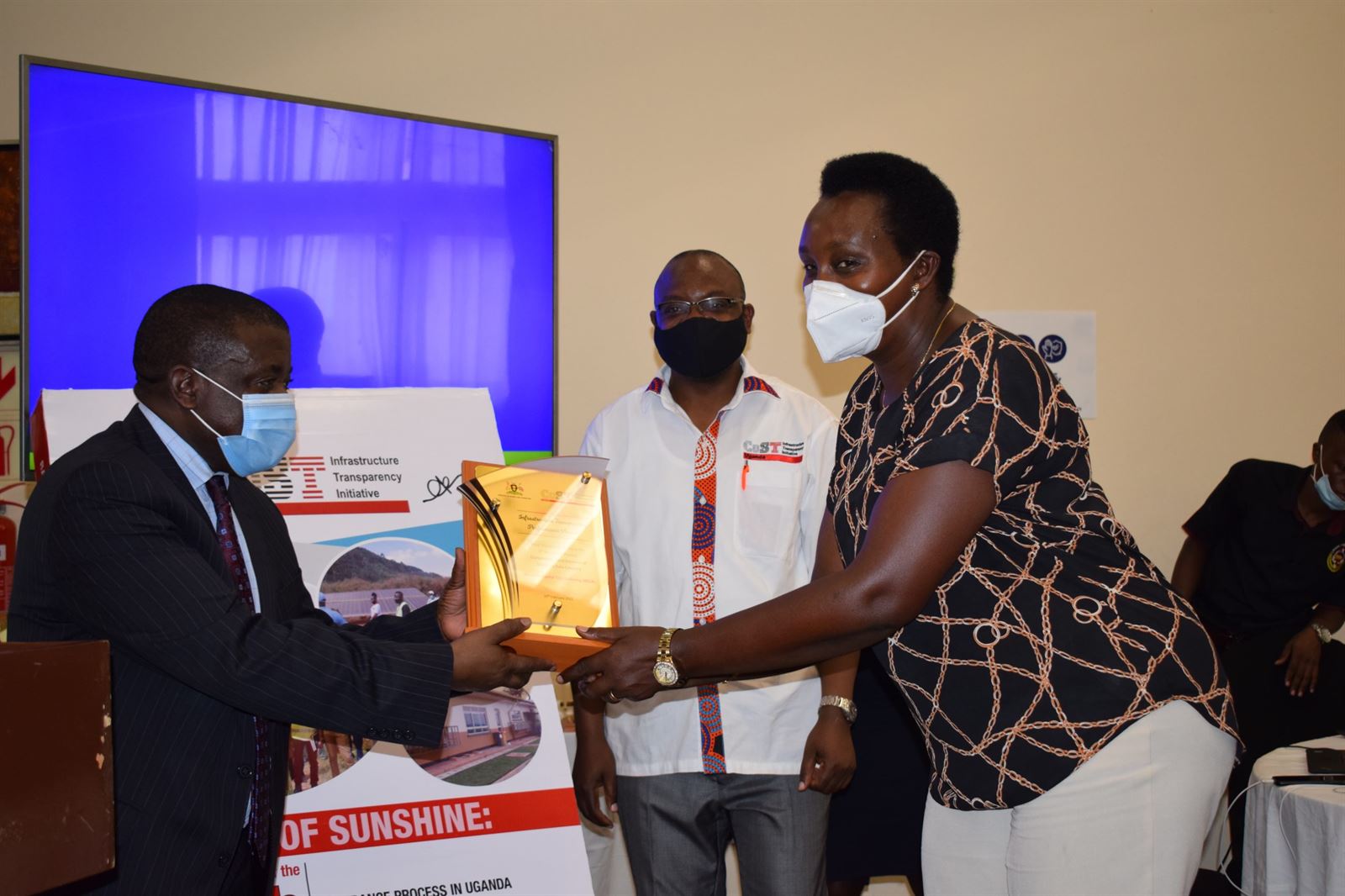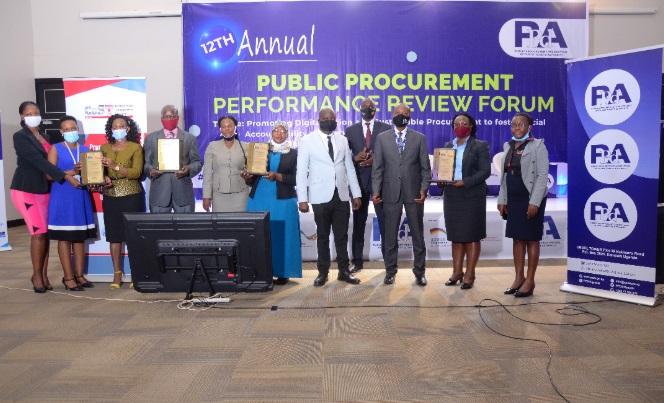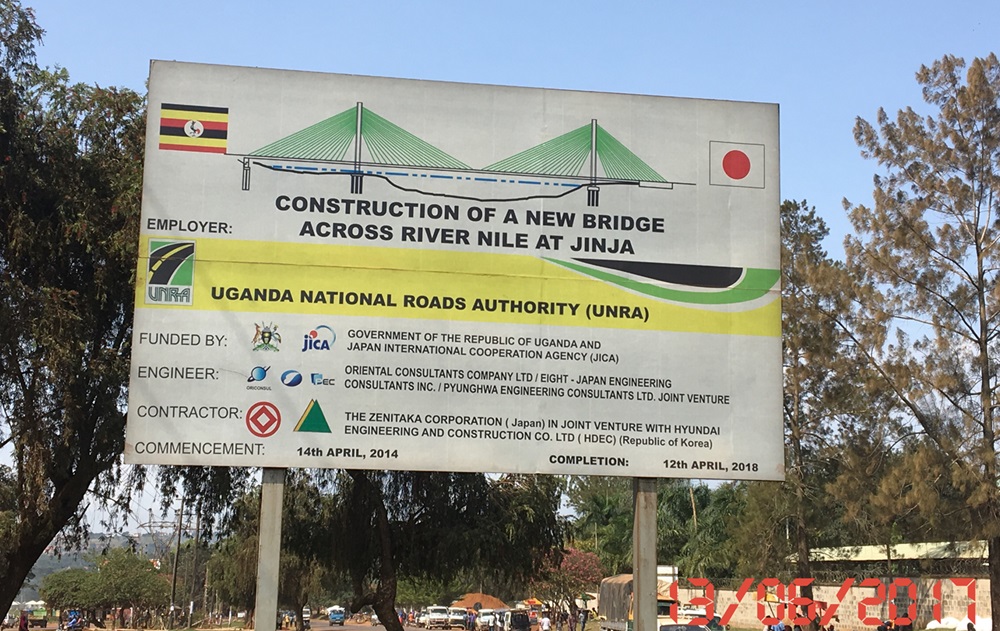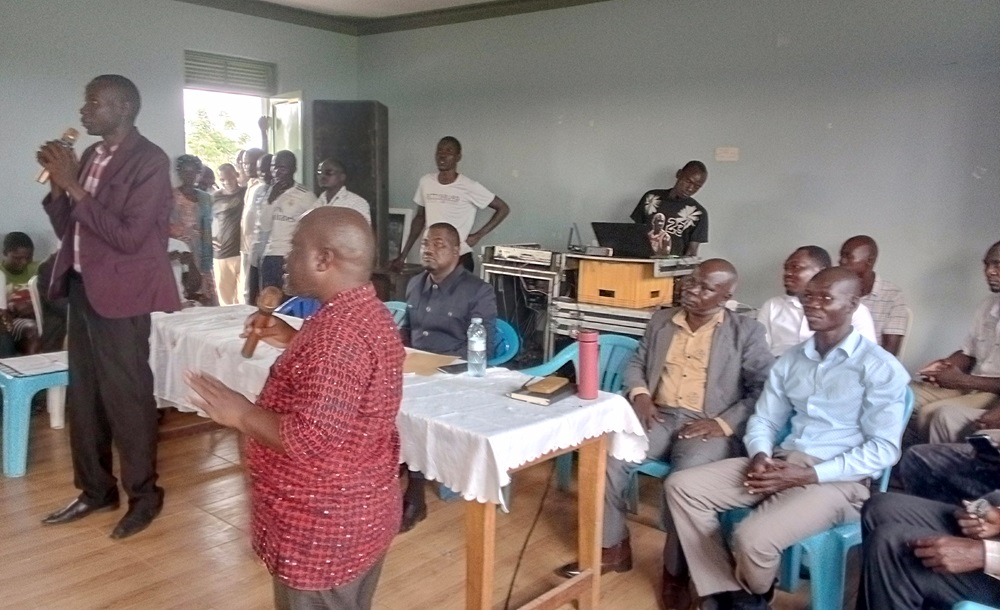
CoST Uganda, a national chapter of CoST International has overtime contributed to infrastructure delivery improvements within Kampala City and the greater Kampala metropolis. Through implementation of the CoST features of Disclosure, Assurance, Multi-Stakeholder working and Social Accountability, CoST Uganda has since 2016, worked with Kampala Capital City Authority (KCCA) and Wakiso District Local Government, promoting infrastructure transparency, through strengthening the access to information and citizen engagement approaches.
CoST work in Kampala Metropolis, has been built on the Assurance and Social Accountability features. The social accountability feature recognizes the crucial role that the public, media and civil society play in holding decision-makers to account. Facilitating discussions around infrastructure is a key means by which the public becomes engaged in the process, ensuring issues such as project commencement, cost and quality remain in the public sphere. In Kampala metropolis, CoST Uganda deployed both traditional engagement approaches by using public events called ‘barazas’, and direct physical engagements with public officials and, found these to be highly effective in building citizen engagement and trust in the region.
By engaging with the urban communities, the relationship between citizens, Wakiso and KCCA has transformed. KCCA improved its information sharing framework physically and virtually, whereas Wakiso enhanced access to citizens through geo-mapping. There has been an improved performance of infrastructure projects, for example, in 2017, the KCCA KIIDP project did not have access for road users along the Kira road. Makindye Sabagabo Municipal council worked with the communities to address the health and safety concerns within the municipality, “CoST has had a really positive impact on community engagement in this issue. In terms of planning projects, we now know to communicate and involve communities as much as possible. Because we’ve done this, people have been happy to give parts of their land to widen roads for garbage trucks. To address garbage management issues, we have developed an ordinance to inform health and safety around the municipality” Joseph Kimbowa, the then Town Clerk, Makindye Sabagabo Municipality.
Building trust and accountability through Barazas
In 2017, CoST Uganda held a community Baraza in Wakiso, a district within the greater Kampala metropolitan. The first Baraza provided useful lessons that were replicated in other barazas organised by CoST and other local authorities elsewhere. Of note is their success in involving previously disadvantaged groups, for example, women represented 40% of total participants in the first Baraza which slightly increased to 48% in a second Baraza organised in the following year and has since improved in Barazas held across other entities. “When CoST came to us, they told us what information was needed to build trust within the community and avoid resentment…We needed to explain what kind of problems there would be like dust and disruption, the timeframe and how much it would cost. CoST brought us on board and explained how we could improve our accountability.” Wakiso District Engineer, Samuel Mwesigwa. He also added that, “It would have been very difficult to develop this area with poor infrastructure, and if the citizens around Rufuka had not cooperated with us, providing land without compensation, we would never have managed to pull through construction of the Namasuba Ndejje Kitiko road, because we did not have enough land” Engineer Samuel Mwesigwa, Wakiso District Engineer.
The Wakiso district’s projects were associated with limited citizens’ engagement, lack of information, accidents with atleast two fatalities along the Namasuba Ndejje Kitiko road, delays in project delivery, flooding which often washed away people’s homes. Construction works were often associated with quality issues, dust and lack of safety safeguards. Citizens often raised concerns through un official ways with less results. The Baraza held in 2017, was a turning point for citizens, they were able to raise concerns and saw the district take action. Following the Baraza, speed bumps were erected in February 2018.
The Namasuba Ndejje Kitiko road works through the swamp were fast tracked and culverts were built which manage the flooding. This is now a paved road with drainage either side, passable even in the rainy season. Since the speed bumps were erected there have been zero fatalities on this stretch of the road. Local businesses are no longer losing customers due to accessibility issues, and the installation of culverts means the road no longer floods. Speaking at the launch of CoST Uganda’s third assurance process, Doreen Kyazze Mulema, a staff of Uganda’s Public Procurement and Disposal of Public Assets Authority, said this: “I have always been a firm believer in CoST: I understand its value because I work on these issues. But now I am also a beneficiary – I was affected by these deaths and I was there when they built the safety measures. We were so happy to see them! I cannot wait to go back to my friends, family and neighbors and tell them that I work with the people who delivered this”
Taking lessons from Kampala metropolitan across the African continent by other CoST implementing countries. These stories from Uganda demonstrate the impact of the CoST approach. By using Barazas as a platform for information sharing, residents have had opportunities to raise pressing concerns about truly life changing issues. Whilst we are seeing increased buy-in of the barazas among officials at the district level, funding the events has been limited, meaning that events can only be held once-twice yearly on different projects. The CoST Uganda 2021 updated scoping study has revealed that stakeholders continue asking CoST to further its citizen engagement approach across Uganda, noting that, citizen empowerment in the sector is needed now more than ever before. We hope that funding to local authorities for these events will increase so they can begin to self-fund the Barazas in the future, without or with limited support from CoST Uganda. If the benefits of such events continue to be seen, resulting in better quality infrastructure, the case for further support is a strong one.



